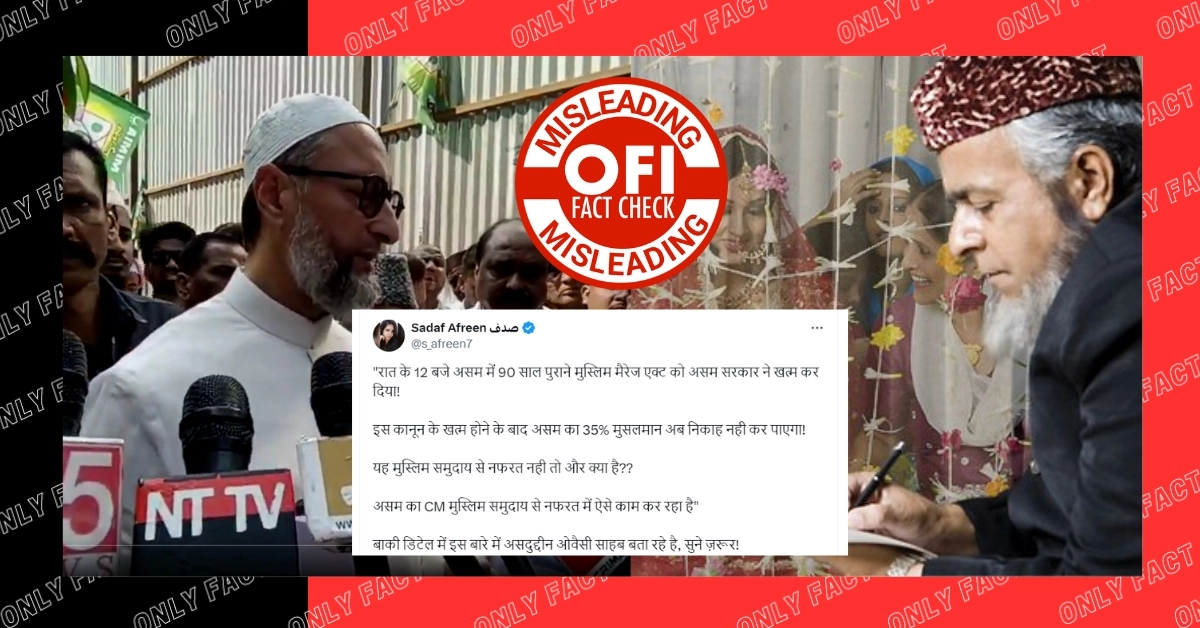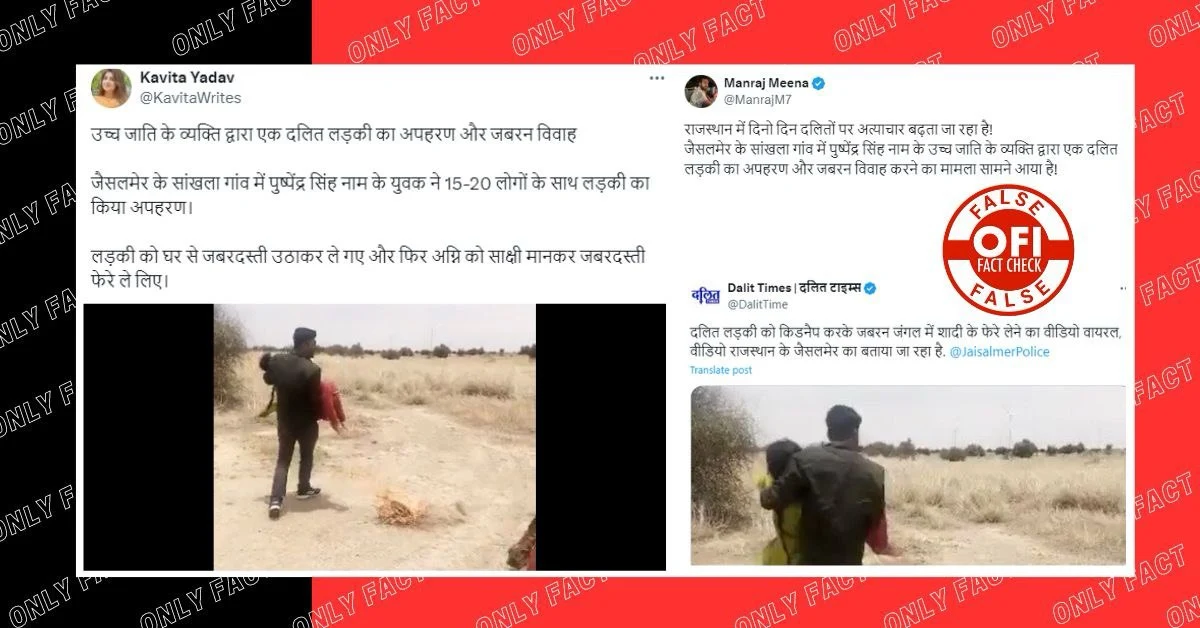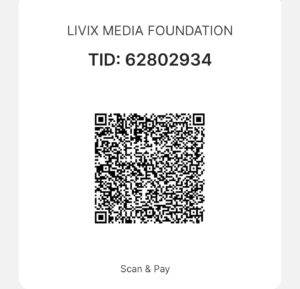After a meeting on 23 February, it was announced that the Government of Assam had decided to repeal the Assam Muslim Marriage Act and Divorce Act of 1935. In the meeting, ‘Assam Repeal Ordinance 2024’ was approved which will repeal the British era act.
The Muslim Marriage and Divorce Act 1935 covers the process of registration of Muslim marriage and divorce. A 2010 amendment replaced the word ‘voluntary’ with ‘compulsory’ in the original Act, making registration of Muslim marriages and divorces mandatory in the state of Assam. The Act also contains provisions that allow marriage registration even if the bride and groom are under the legal age of 18 and 21 years. The Act is also vague when it comes to the issue of polygamy and the types of ‘prohibited’ relationships. However, the government’s decision to repeal the Act has given rise to widespread debate and condemnation.
Apart from this, misinformation regarding the government’s decision to repeal the law has also started making rounds on social media. Condemning the order to repeal the Act, the habitual fake news peddler, Sadaf Afreen (archived link), claimed in her tweet that 35% of Assam’s population will no longer be allowed to perform Nikah (marriage).
She wrote, “At 12 o’clock in the night, the Assam government abolished the 90-year-old Muslim Marriage Act. After the abolition of this law, 35% of Assam’s Muslims will no longer be able to marry! If this is not hatred towards Muslim community then what else is it?? The CM of Assam is doing such things out of hatred for the Muslim community.”
"रात के 12 बजे असम में 90 साल पुराने मुस्लिम मैरेज एक्ट को असम सरकार ने खत्म कर दिया!
— Sadaf Afreen صدف (@s_afreen7) February 27, 2024
इस कानून के खत्म होने के बाद असम का 35% मुसलमान अब निकाह नही कर पाएगा!
यह मुस्लिम समुदाय से नफरत नही तो और क्या है??
असम का CM मुस्लिम समुदाय से नफरत में ऐसे काम कर रहा है"
बाकी डिटेल में इस… pic.twitter.com/0Zng8qEytv
Another user going by the handle name Shruti (archived link) wrote, “Muslim Marriage Act” has been repealed in Assam itself…get married now, how will you do it? Now there should be a law making it illegal for Muslims to breathe in Gujarat. Modi government has destroyed the integrity of the country…”
आसाममध्येच "मुस्लिम मॅरेज ऍक्ट" रद्द करण्यात आला आहे…आता लग्न करा, कसे कराल?
— Shruti… O+ (@beingshrutip) February 24, 2024
आता गुजरातमध्ये मुस्लिमांचा श्वास घेणे बेकायदेशीर असल्याचा कायदा व्हायला हवा…
मोदी सरकारने देशाची अखंडता संपवली आहे…
The same claim was also amplified by some other Islamist users. (Archived link 1, 2, and 3)
रात के 12 बजे असम में 90 साल पुराने मुस्लिम मैरेज एक्ट को असम सरकार ने खत्म कर दिया!
— Muhammad Aazad (@muhammad__aazad) February 27, 2024
इस कानून के खत्म होने के बाद असम का 35% मुसलमान अब निकाह नही कर पाएगा
यह मुस्लिम समुदाय से नफरत नही तो और क्या है
असम का CM मुस्लिम समुदाय से नफरत में ऐसे काम कर रहा है
pic.twitter.com/o9nnvRoeEM
"रात के 12 बजे असम में 90 साल पुराने मुस्लिम मैरेज एक्ट को असम सरकार ने खत्म कर दिया
— Mohammed Muzammil محمّد مُزَمِّل (@muzammil_janab) February 27, 2024
इस कानून के खत्म होने के बाद असम का 35% मुसलमान अब निकाह नही कर पाएगा!
यह मुस्लिम समुदाय से नफरत नही तो और क्या है @aimim_national @asadowaisi सहाब (1 / 2 pic.twitter.com/eojAkUXJ1C
"रात के 12 बजे असम में 90 साल पुराने मुस्लिम मैरेज एक्ट को असम सरकार ने खत्म कर दिया!
— JOYNAL ABEDIN (@JOYNALA91674465) February 27, 2024
इस कानून के खत्म होने के बाद असम का 35% मुसलमान अब निकाह नही कर पाएगा!
यह मुस्लिम समुदाय से नफरत नही तो और क्या है??
असम का CM मुस्लिम समुदाय से नफरत में ऐसे काम कर रहा है" pic.twitter.com/iP8EhJ3UuH
Fact Check
In our fact check research, we decided to first find out what would change after the repeal of the Muslim Marriage Act and Divorce Act 1935.
We found that existing law allows voluntary registration of marriages and divorces among Muslims. It is not mandatory to register such cases under law, leading to an informal registration machinery. However, after the law is repealed, the registration process will be formalized, regulated, and aligned with legal standards.
Once the law is repealed, it will not allow Muslim registrars (Qazis) to register marriages and divorces in the community. Currently, there are 94 registrars in the state, who hold the authority of registering marriages under the law, will be given a lump sum compensation of ₹2 lakh. Now, instead of Muslim registrars, the district commissioners and district registrars will have the custody of registration records.
Moreover, the key focus behind abolishing this law is to eliminate child marriage. As mentioned above, some provisions in this law allow marriage of minors, however, the new law will scrap such provisions.
Now coming back to the claim that under the new law, Muslims will no longer be allowed to marry. The new law allows registration of marriages under the Special Marriage Act. This means that Muslim couples who wish to voluntarily register their marriage within the jurisdiction of Assam, or seek a divorce, must do so through the Special Marriage Act 1954.
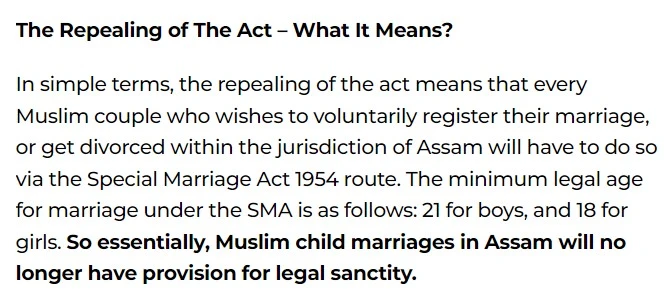
What is SMA?
The ‘Special Marriage Act’ was enacted in the year 1954 to overcome the challenges arising to inter-caste and inter-religious marriages due to social and religious conservatism in India. This Act provides people belonging to different religious backgrounds in the country the right to register marriage without changing their religion. This law also applies to Indians living abroad.
Some of the important provisions of this Act include that any man and woman, irrespective of their religion, caste and creed, can marry under this Act. The Act provides a legal framework for them. Parties who wish to marry must first submit a notice to the Marriage Officer stating their intention to marry.
During this notice period of 30 days, any person can bring forward his concerns or objections regarding the intended marriage. The Marriage Officer should investigate the case of objection and should not take more than thirty days from the date of objection to investigate the case of objection and arrive at a decision.
After the end of 30 days notice period, marriages are solemnized or registered by marriage officers appointed by the government. While solemnizing the marriage, the parties and three witnesses must sign a declaration before the marriage officer. After the registration of the marriage, the Marriage Officer records the certificate of marriage in the marriage certificate book.
In case of if the Marriage Officer upholds the registration of the marriage after examining the objection, parties intending to marry can appeal to the district court under whose jurisdiction the marriage office falls. The decision of the district court should be considered final.
SMA prohibits marriage rituals and ceremonies?
Although the SMA facilitates individuals from different religions, castes or creeds to marry and register their marriage without following specific religious customs or ceremonies, it also preserves the freedom for individuals to follow their preferred marriage customs and rituals.
Under the SMA, one can register their marriage while still engaging in performing the rituals and ceremonies of their choices. The parties involved have the freedom to perform ceremonies that suits their individual preferences, beliefs and traditions.
Article 25 of the Indian constitution protects this right of the individual. In the context of marriage, Article 25 permits every individual to follow the customs and rituals of their choice, regardless of whether they belong to a specific religion or cultural tradition.
Apart from performing rituals and ceremonies, individuals also have the flexibility to choose the venue of their choice for signing the marriage documents. This is supported by the SMA provision ‘Place and form of solemnization.’ It gives people getting married the right to sign marriage documents at a marriage office or at a place of their choice, such as a marriage hall. They are only required to follow legal conditions set by the marriage officer.
Another concern has been raised regarding the repeal of the Muslim Marriage Act in the state of Assam such as whether it prevents Muslim brides from taking Mehr from their future spouse’s family. A video of AIMIM leader Owaisi is being shared widely in which he is emphasizing that the Special Marriage Act bans the tradition of Mehr.
Mehr is the practice of the bride receiving gifts in the form of assets and money from the groom at the time of marriage. This is considered a tradition in Islamic marriages, which ensures the financial security of the bride.
One needs to understand that the SMA primarily deals with the solemnization of marriage and provides provisions relating to the conditions of marriage, rights and obligations of married couples and grounds for divorce. Muslim couples, like couples marrying under the Hindu Marriage Act, only have to register their marriage at a marriage office.
SMA does not negate or take away the right to Mehr from the Muslim bride. When registering a marriage, couples may include stipulations regarding financial settlements, which may include any agreement akin to Mehr. Both parties just have to ensure that the agreement is mutually agreed upon.
Furthermore, these practices are part of customs and traditions. As mentioned above, Article 25 of the Indian Constitution protects the right of individuals to practice religious customs and traditions of their choice. This means that individuals are free to incorporate their own customs and traditions into the legal framework of their marriage.
Apart from this, the SMA also protects women’s right to alimony. Sections 36 and 37 of the SMA deal with the provision of maintenance allowance. Section 36 states that if the wife lacks sufficient expenses during the legal proceedings for divorce, she may ask the husband to pay these expenses. This expenditure is decided on how much the husband earns.
Section 37 of the SMA states that the court can order the husband to take care of the wife’s expenses and maintenance after the proceedings are over. The husband can make a one time payment or regular payments on a weekly or monthly basis.
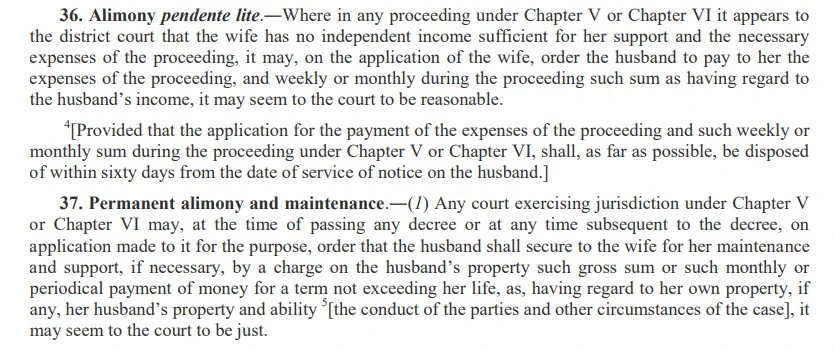
Campaign to eradicate child marriage under SMA
One thing that irked the Muslim section of the society against the government’s decision to repeal this law is to prohibit Qazis from registering marriages and divorces of Muslim couples. Hindustan Times reported that Sarma, while addressing the media on Friday and explaining his decision to stop the Qazi from registering the marriage of a Muslim couple, said, “The torture, and exploitation that has been going on against Muslim mothers for so long will be ended with this bill. The Prime Minister ended triple talaq. But in Assam only because of this act, a Kazi would not have been faulted if he had registered the marriage of a below 18-year-old girl and he had gotten bail from the court. Now to give talaq will not be easy after the repeal of this act and there will no no registration of marriage below 18 years old girl.”
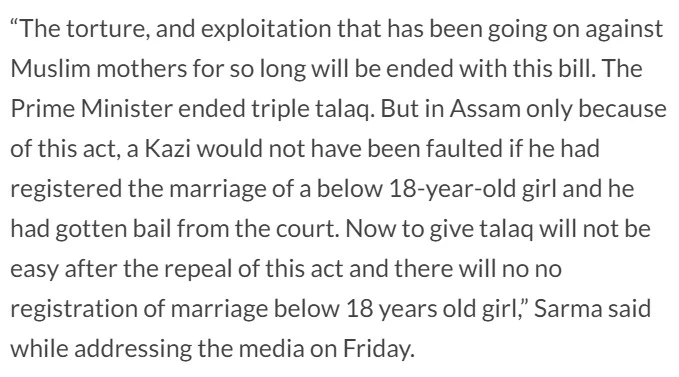
The order to scrap the law restricting Qazis from registering the marriages of Muslim couples comes in the wake of abolition of child marriage. The decision is taken as a part of broader efforts to address issues related to child marriage. Qazis conducts child marriages and are free from the legal consequences.
The practice of child marriage was first legally prohibited in 1929 through the Child Marriage Restraint Act, 1929. According to the 1929 Act, marriage of girls below 14 years of age and boys below 18 years of age was prohibited. This Act was amended in 1978 to make the minimum age 18 years for women and 21 years for men. The Prohibition of Child Marriage Act, 2006 replaced the 1929 Act with the same minimum age limit.
However, Muslim personal law, governed by Sharia law, does not follow a legal framework of marriage that prohibits child marriage. Muslims believe that if a boy or girl is eligible for marriage, they should be married immediately. Not only this, the issue of child marriage still persists in some concerning parts of India including Assam. Irrespective of legal provisions and consequences, social practices, cultural norms and economic factors continue to contribute to the incidence of child marriage.
Eradicating child marriage from the state, especially in the Muslim community, has been the top priority of the Biswa-led government and the campaign to end it was launched last year.
According to Aaj Tak report, NFHS-5’s 2019 and 2021 surveys found that in Dhubri district, which has 80 per cent Muslim population, about 51 per cent of women aged 20 to 24 were married before turning 18. South Salmara, another Muslim-majority district, ranked second in child marriage. Data from the National Family Health Survey-5 (NFHS-5) shows that 32 percent of girls aged 20 to 24 in Assam were married before they turned 18.
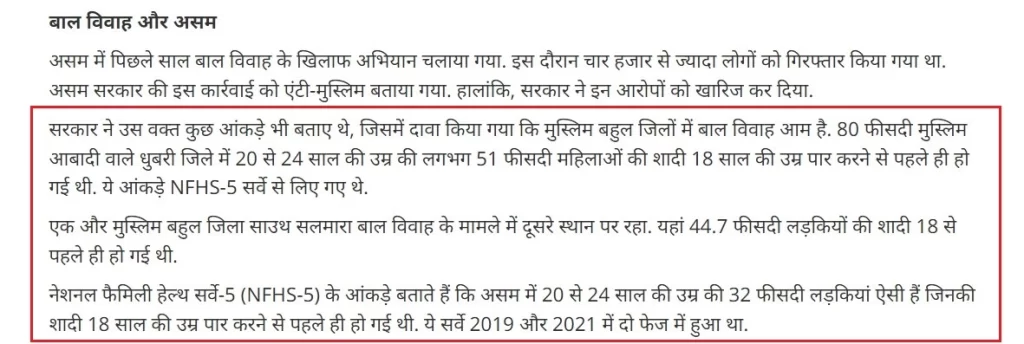
Massive crackdown was launched by the government against child marriage last year. According to Deccan Herald report, around 5,500 arrests were made over child marriage in two phases in February and October, mostly in districts dominated by the minority community.

Another Prabhat Khabar report of February 2023 reported that in the first phase of the crackdown on child marriage, along with Qazis, 51 priests were also arrested for illegally conducting marriages of minors. When the crackdown was launched, the Biswa government was accused of targeting a particular religion, however, Hindu priests were also arrested in the raids, implying that the campaign was free from religious bias.
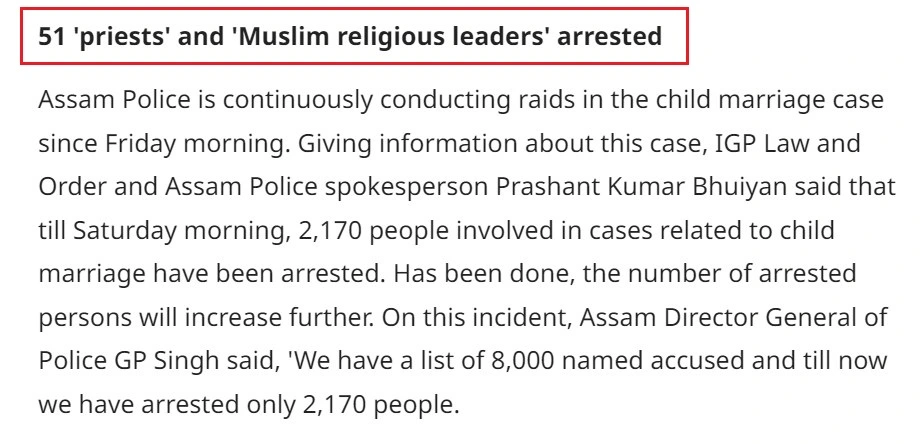
Child marriage and health
From the health and medical point of view, the effort of the Assam government to eradicate child marriage should be appreciated; rather than getting caught up with the unfounded notion that the government is upholding the religious freedom.
Marrying at an early age is wrong as it can lead to many serious health problems for the individuals involved in the marriage, especially young brides. Young girls in adolescence stage are still undergoing critical development, and marriage at such an age disrupts the natural process of physical development.
Marriage in teenage age can also expose them to multiple health complications, including increased risk of sexually transmitted diseases (STDs), including HIV/AIDS, due to early and often non-consensual sexual activity. In addition to STDs, they are also at risk for cervical cancer, which is potentially linked to early childbearing and exposure to human papillomavirus (HPV).
Health danger continues during pregnancy. Child marriage also increases the risk of death during childbirth, as young girls bodies are not fully developed for safe pregnancy and delivery. Apart from that the mother may face the risk of obstetric fistula which can occur when labor is interrupted for a long time, which can lead to health problems for both mother and baby.
The problem of poor mental health is also prevalent in cases of child marriage. Young brides may experience higher rates of depression, anxiety, and intimate partner violence as teenage brains are still developing.
These key points overwhelmingly suggests that child marriage is harmful to the health and well-being of the individuals involved.
Apart from these practices, the state government of Assam is also keen to ban polygamy, the practice of having more than one wife. It has constituted a three-member panel to draft an anti-polygamy law.
Polygamy is a crime under section 494 of the Indian Penal Code. It is also prohibited under the Hindu Marriage Act, 1955, the Special Marriage Act, 1954, the Indian Christian Marriage Act, 1872 and the Parsi Marriage and Divorce Act, 1936. However, Shariat Act has the custom of polygamy, which allows Muslim men to have more than one wife.
| Claim | The Assam govt decision to repeal Muslim Marriage and Divorce Act of 1935 will hinder Muslim couples from getting married |
| Claimed by | Sadaf Afreen and others |
| Fact Check | Misleading |
Also Read: Truth Behind The Viral Video Showing PM Modi Waving Hand From Sudarshan Setu Towards Sea

